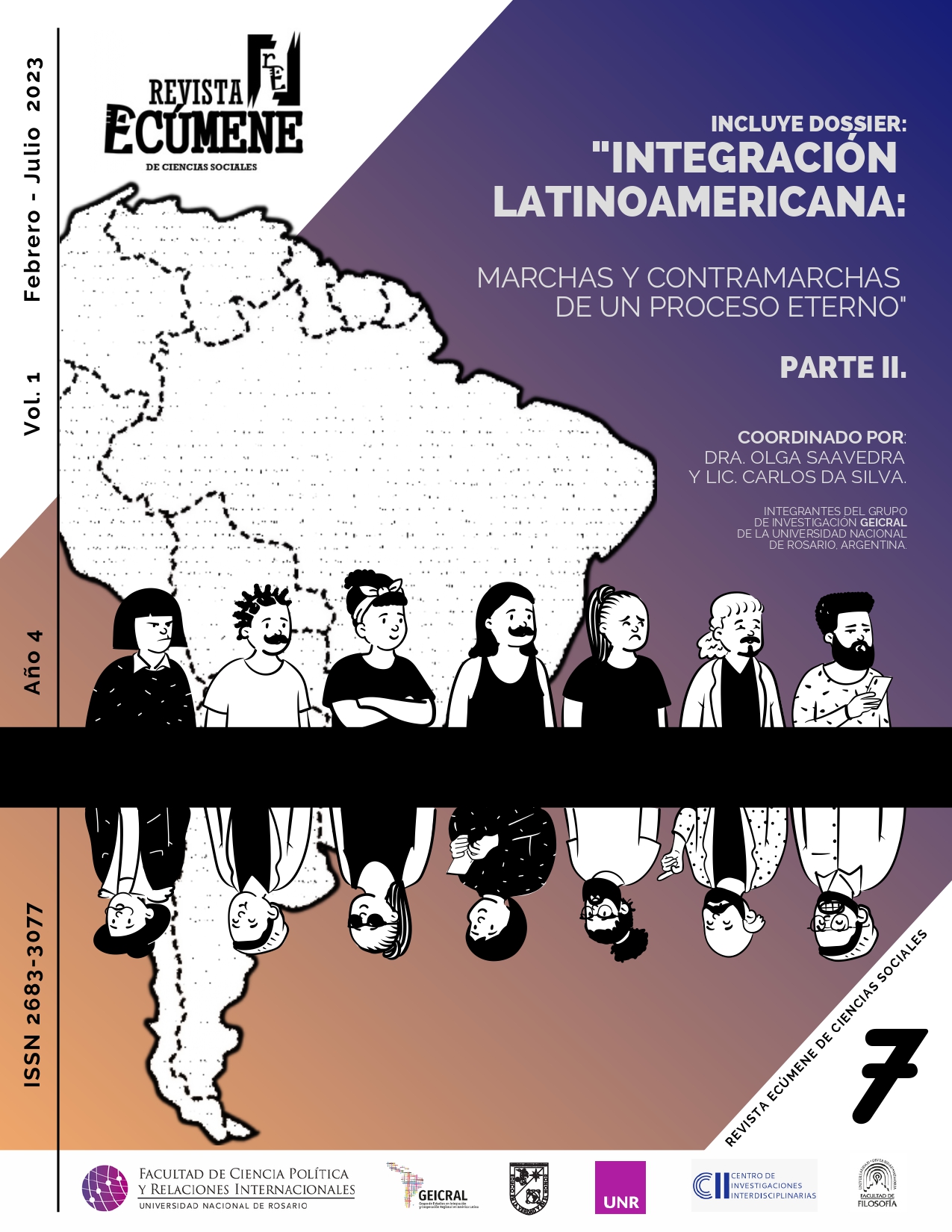Abstract
This paper analyzes, based on the identification of three thematic nodes, the ritual dynamics unleashed in a criminal trial carried out in 2020 in Lima, Peru. The particularity of the work resides in that, due to the sanitary restrictions resulting from COVID-19 imposed in the country, the arena of the legal process was digitized via Google Meets and YouTube. This involved the reconfiguration of the ritual performativities of a trial to make them congruent with the technological-communicational support that led to its development. The analysis of the chosen situation supposes the consideration of a non-participant observation methodology
of a “reflexive” nature, adapted to the audiovisual analysis of online content. Likewise, the elaboration of a detailed description of the trial is also considered, understanding it as a ritual setting in which different actors personify specific “faces” according to the role they play in staging the power of the State. Based on theoretical tools from the anthropological tradition and similar legal anthropology studies, the article concludes that, despite the logistical difficulties of the State to implement virtual trials, the legal ritual is consolidated as symbolically effective, this by being able to define new identities in the accused and by legitimizing the power of the State from the actions of the participating subjects. However, the foregoing did not mean that the agents involved did not split from the assigned role: fights and discussions within the trial momentarily dissolved the masks of the procedural subjects.

This work is licensed under a Creative Commons Attribution-NonCommercial-ShareAlike 4.0 International License.
Copyright (c) 2023 AUTOR

